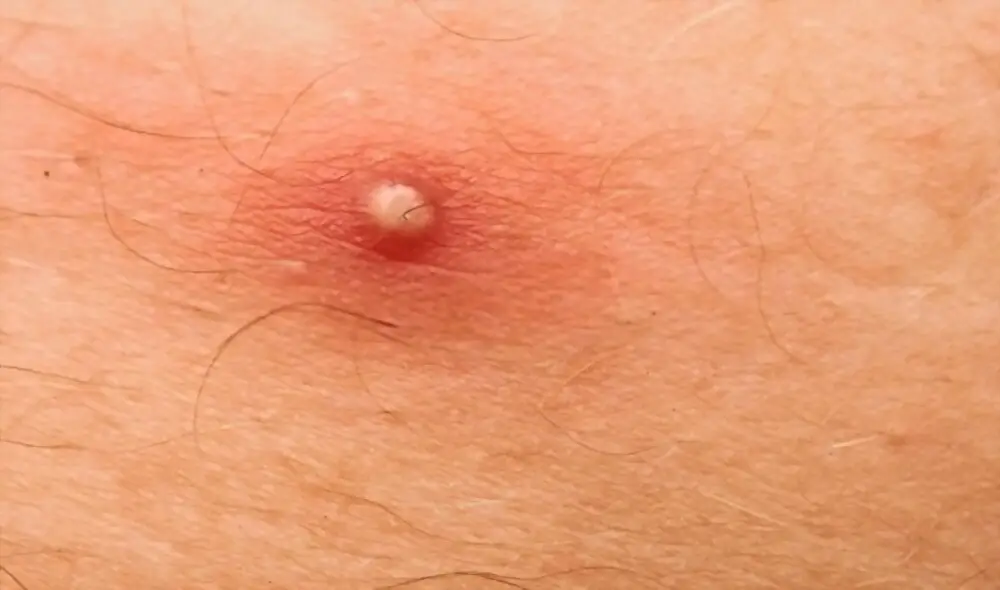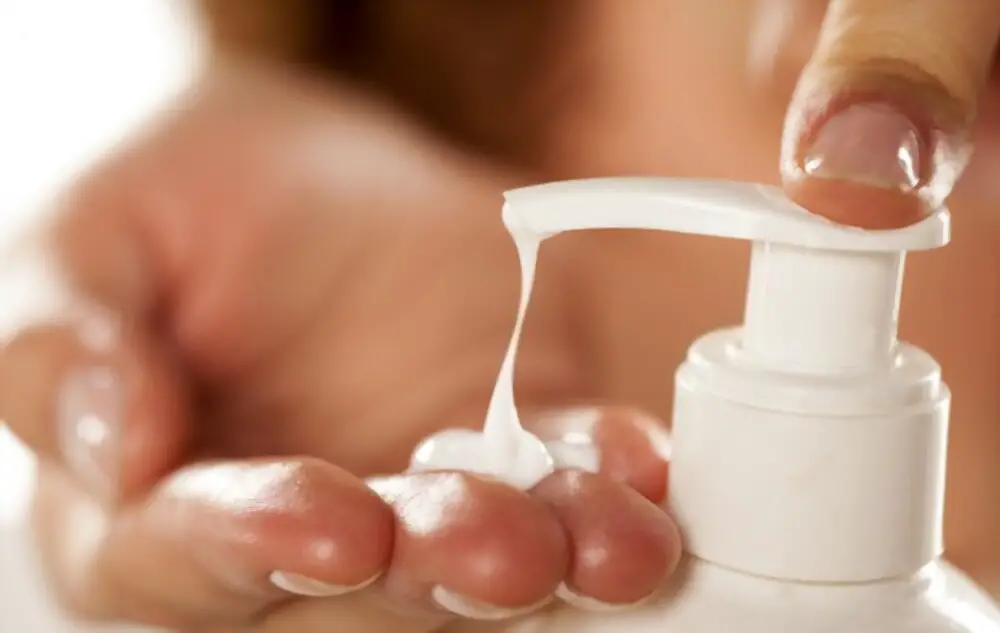Boils are painful, pus-filled bumps that develop under the skin. But did you know some people apply toothpaste on boils to help get rid of it.
They occur when a hair follicle or sweat gland becomes infected with bacteria, and they can appear anywhere on the body.
While boils can be treated with antibiotics or incision and drainage by a medical professional, some people turn to home remedies like toothpaste to help alleviate the discomfort and speed up healing.
What is Toothpaste and How Does It Work?
Toothpaste is a common household item that is used to clean teeth and maintain oral hygiene. It typically contains a combination of fluoride, abrasives, detergents, and flavouring agents. The abrasive particles in toothpaste help to scrub away surface stains and plaque from the teeth, while the fluoride helps to strengthen tooth enamel and prevent cavities.

When applied to a boil, some people believe that toothpaste can help to draw out the pus and dry out the affected area. Toothpaste contains ingredients like baking soda, hydrogen peroxide, and triclosan, which are thought to have antibacterial properties that can help to kill the bacteria causing the infection. Additionally, the cooling sensation of the toothpaste can help to soothe the pain and itching associated with boils.
Toothpaste on Boils: Does it Work?
While many people swear by the effectiveness of toothpaste on boils, there is little scientific evidence to support this claim. In fact, some dermatologists caution against using toothpaste on boils, as it can actually worsen the condition by causing skin irritation and inflammation. Toothpaste contains ingredients like menthol, alcohol, and sodium lauryl sulphate, which can be harsh on sensitive skin and exacerbate the boil.
Furthermore, toothpaste does not contain any ingredients that are specifically designed to treat boils or kill the bacteria causing the infection. While some of the ingredients in toothpaste may have antibacterial properties, they are not present in high enough concentrations to effectively treat a boil. It is also possible that the toothpaste could introduce new bacteria to the boil, further complicating the infection.
See also: How to get rid of blackheads on the nose using toothpaste

Home Remedies for Boils on Private Area
If you have a boil, it is important to seek medical attention if it does not improve after a few days or if it is accompanied by fever, chills, or other symptoms. Your doctor may prescribe antibiotics or recommend incision and drainage to treat the infection.
In addition to medical treatment, there are several home remedies that may help to alleviate the discomfort and speed up healing of a boil. These include:
Warm Compress: Applying a warm compress to the affected area can help to increase blood flow and promote drainage of the boil. Simply soak a clean washcloth in warm water and apply it to the boil for 10-15 minutes, several times a day.
Tea Tree Oil: Tea tree oil has natural antibacterial properties and may help to kill the bacteria causing the boil. Apply a few drops of tea tree oil to a cotton swab and gently dab it onto the boil several times a day.
Turmeric: Turmeric has anti-inflammatory properties that may help to reduce swelling and pain associated with boils. Mix a tablespoon of turmeric powder with enough water to make a paste and apply it to the boil for 10-15 minutes before rinsing off with warm water.

Ointment for Boils
Bacitracin: This is an over-the-counter antibiotic ointment that can help prevent infection and promote healing.
Neosporin: Similar to Bacitracin, Neosporin is an antibiotic ointment that can help prevent infection and promote healing.
Drawing salve: This type of ointment is designed to “draw out” the pus from a boil, promoting healing and reducing the risk of infection. One example of a drawing salve is Ichthammol ointment.
Toothpaste on Boils – Conclusion
In conclusion, while some people believe that toothpaste can be an effective home remedy for boils, there is little scientific evidence to support this claim.
In fact, using toothpaste on boils may actually worsen the condition and cause skin irritation and inflammation. If you have a boil, it is best to seek medical attention.


